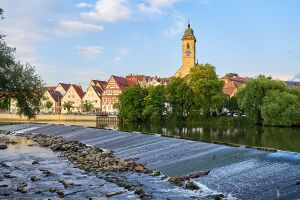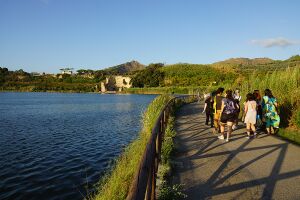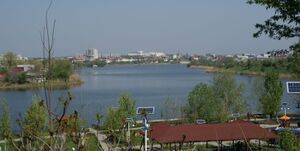Main Page

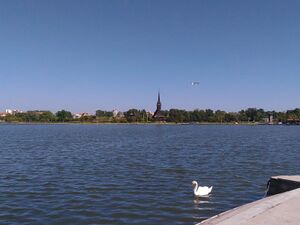
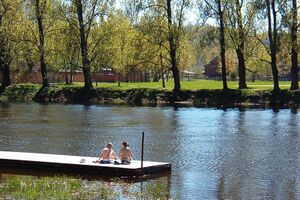
Dear visitor, welcome to the WAVE project! This wiki serves as collaboration platform for transnational learning activities organised within our ERASMUS+ Consortium 'WAVE - Water Areas Visions for Europe'. This wiki is coedited by all project partners and seminar participants. WAVE is the follow-up of COLAND - Inclusive Coastal Landscapes.
About the WAVE ERASMUS Project
WAVE is a cooperation of seven universities and three NGO-partners. In addition, all universities will build up a collaboration with their local communities on water areas in the form of WAVE Living Labs.
The WAVE programme aims at involving an interdisciplinary audience of students as agents of transformative change for the benefits of the local water landscapes.
Disciplines involved are mainly geography, agriculture, ecology, landscape architecture, urban and regional planning, architecture, social and urban studies.
The project addresses the pressing issue of sustainable development of water areas and floodplains in the urban and peri-urban environment. Sustainable development of water areas and floodplains is still not achieving its full potential, although relevant policy is already in place.
The WAVE project consortium is going to develop a new course focusing on the sustainable development of water areas and floodplains in urban and peri-urban contexts in Europe.
Our learning format will be the so-called WAVE Living Lab in combination with the international WAVE Online Seminar.
Main features of the WAVE programme
In order to address the profound sustainability challenges of water landscapes, we will set up a transformative educational programme with the following innovative elements:
- Synthesizing interdisciplinary knowledge about water areas and floodplains
- Active community involvement with a living lab approach
- Linking universities with local communities in joint learning environments
- Applying innovative methods for cross-sectoral assessment, strategy building and visioning for the sustainable development of water areas and floodplains
- Bridging analysis, strategy building and design by innovative ICT approaches (Geodesign)
- Foster the generation of innovative solutions by bridging disciplinary, sectoral and institutional boundaries under the common framework of water areas and floodplains
WAVE ERASMUS Partners
Romania
- Ovidius University (Coordinating institution)
- Ion Mincu University for Architecture and Urbanism
- APUR - Romanian Association of Urban Planners
Germany
Italy
Estonia
Belgium
The Netherlands
